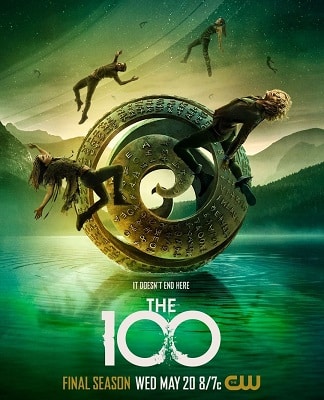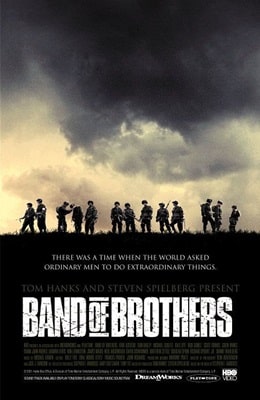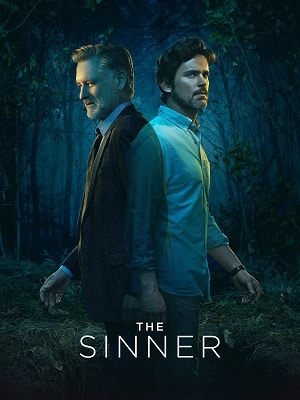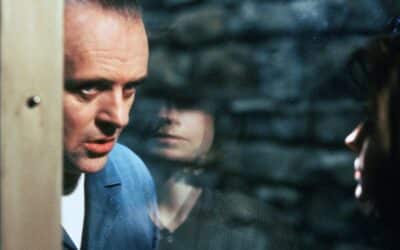TV Review
The 100
Ladies and gentlemen, boys and girls, readers and television enthusiasts, gather around as we venture into the heart of a narrative saga that has enchanted millions around the world. We are talking about none other than ‘The 100’. In this realm, we are tasked with the delightful challenge of identifying how the television series and books – two distinctly flavored fruits from the same narrative tree – differ from each other.
To start with, consider the number 100. In math, it signifies a perfect square; in cricket, it marks an incredible achievement. But in the context of our favorite post-apocalyptic narrative, ‘The 100’ are the pioneers of a new world – the prodigal children of a spaceship, thrust back onto a radiation-scorched Earth. This narrative forms the crux of both the books and the TV series, but as we dive deeper, the distinctions become as clear as day and night.
In the literary world, ‘The 100’ is a quartet of books penned by Kass Morgan, the first of which shares its title with the TV series. Morgan brings us the stories of Clarke, Wells, Bellamy, and Glass – characters grappling with challenges in the strange new Earth and a spaceship named the ‘Colony’. The TV adaptation, conceptualized by Jason Rothenberg, retains the same foundational premise. Still, the tale soon takes a turn, spiraling into a realm of unexpected events and character arcs that diverge from the original text.
As we compare these two versions of ‘The 100’, we first notice that the very fabric of storytelling is starkly different. Morgan’s narrative thrives on dual timelines and multiple perspectives, jumping between the present on Earth and flashbacks aboard the spaceship. The television adaptation, while initially maintaining this back-and-forth storytelling, slowly breaks away from it, focusing more on the present challenges faced by the characters on Earth.
Then there’s the matter of characters. While some have made the jump from page to screen with their narratives intact, others seem to be playing a different game altogether. Take, for instance, the transformation of Wells Jaha. A major character in the books and Clarke’s love interest, Wells meets an early, shocking end in the television series. Likewise, Glass, a crucial character in the books, doesn’t even make it to the TV version.
Another glaring departure can be observed in the construction of relationships. The TV series sets up a fiery and eventually romantic relationship between Clarke and Bellamy, a coupling absent from the books. Meanwhile, on the printed page, Morgan crafts a tender romance between Clarke and Wells, a narrative thread that the series vehemently snips in the bud.
The differences go beyond characters and relationships. The TV series pushes the boundary of ‘The 100’ universe, introducing elements like the Grounders, Mount Weather, and the AI named ALIE, none of which exist in the books. The books, on the other hand, paint a slower-paced tale with a focus on personal struggles and internal conflicts, whereas the TV series races through multiple high-stake conflicts, political machinations, and battles for survival.
Despite these stark departures, both versions stand strong in their respective realms. Morgan’s books captivate readers with intricate character studies, while the TV series impresses with its relentless pace, high-stake conflicts, and unexpected plot twists. They might be different, but they share the same narrative DNA.
So, dear reader, if you’ve traversed the landscapes of ‘The 100’ only through the television series, I invite you to venture into the pages of Kass Morgan’s books. And if you’re a reader who hasn’t stepped into the frenetic world of the TV series, prepare yourself for a narrative rollercoaster ride. After all, who doesn’t love exploring new versions of familiar territories?
In the world of ‘The 100’, whether on paper or screen, expect the unexpected. Characters you thought you knew may reveal different facets, relationships take unexpected turns, and a whole universe of events unfolds that you never saw coming. It’s the nature of the beast, and it’s what keeps us gripped – the mystery, the unpredictability, the humanity of it all.
‘The 100’ exists as two separate entities, each with its own unique narrative contours and characters. The two versions may share a common origin, but they diverge in their storytelling, creating two distinct narratives that never fail to surprise and captivate their audience. So, whether you’re a lover of the written word or a fan of the visual spectacle, ‘The 100’ has something for everyone. Dive in, and let the mysteries of this post-apocalyptic world unravel before you. Because in the world of ‘The 100’, there’s always more than meets the eye.
More TV Thrillers
advertisement
Thriller Features
Myth and Thrillers
Ancient Legends and Modern Plots
Hiding Bodies
The sinister act of hiding bodies in thrillers
Morally Compromised Thrillers
Right, Wrong, and Everything in Between










